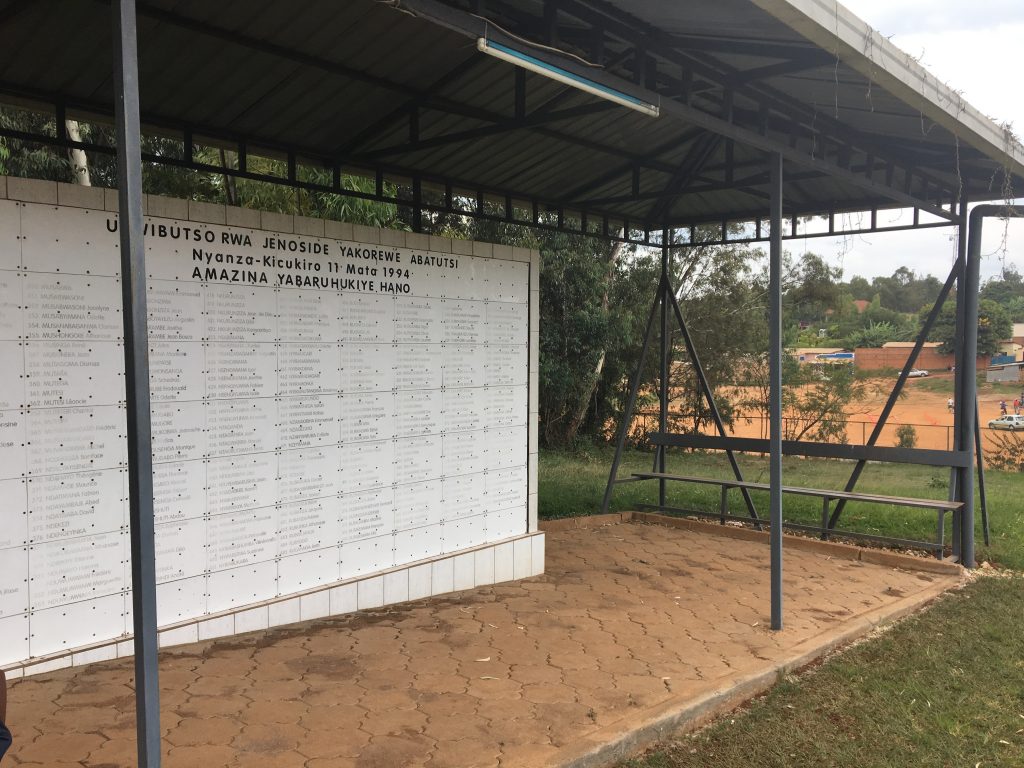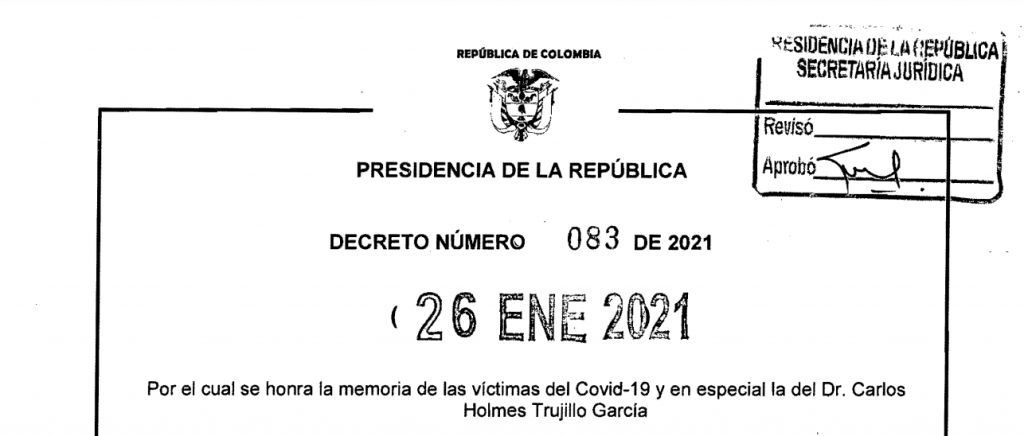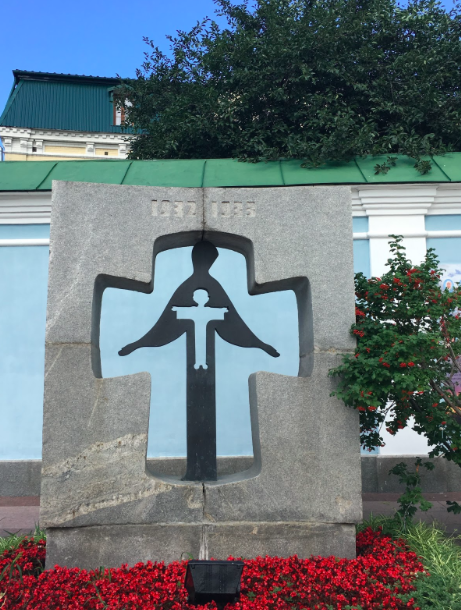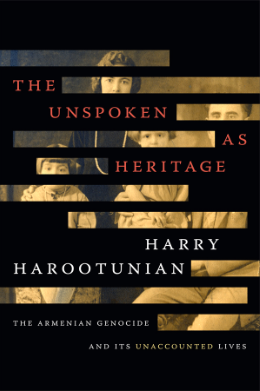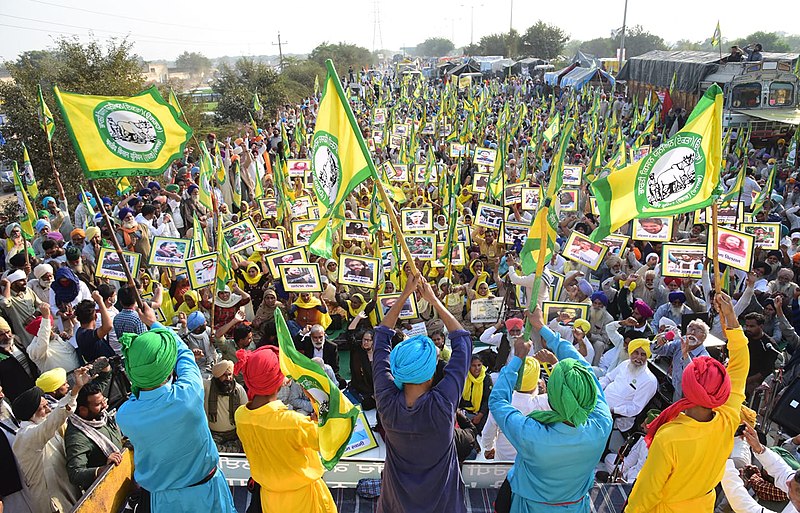Last Friday, Minnesota nearly became the first state in the country to recognize the Khojaly Massacre as a genocide. A last-second amendment from Governor Walz’s office, however, changed the language in the declaration to massacre, mirroring language found in an earlier declaration Minnesota passed in 2016. In all, 24 states have passed resolutions recognizing the Khojaly events as a massacre.
In February 1992, in the midst of the First Nagorno-Karabakh War, Armenian forces took the Azeri-held town of Khojaly. Human Rights Watch chronicled the killings of Azeri civilians, with estimates between 200 and 1,000 Azeris being murdered by Armenian forces. While there is a general consensus of war crimes committed against the citizens of Khojaly, scholars stopped short of calling it genocide outside Azerbaijan or its close ally, Turkey (Armenia, for its part, continues to deny wrongdoing in Khojaly, blaming Azeri militia embedded with civilians).
more...
